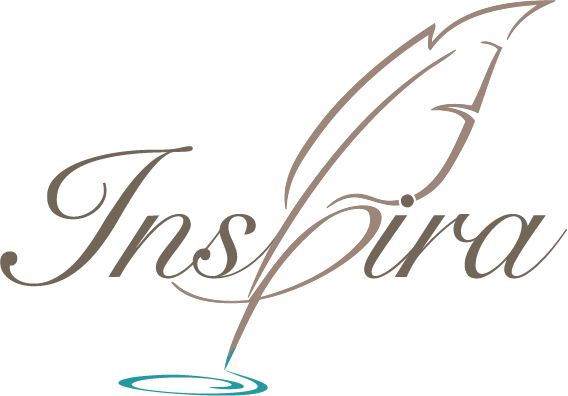Three R's for the New Year: Reflection, Resolution, and (No) Regrets
/Looking back on 2019, do you have any regrets? Are there things you did and wish you hadn’t—or things you didn’t do and wish you had? Any relationships that are strained? Opportunities missed? Books you didn’t get around to starting, or finishing?
We all have occasional regrets now and again, though some are easier to move on from than others. However, I’ve learned you can minimize big ones (or avoid them altogether) if you periodically take the time to ask yourself about what you regret and then actually do something about it. The new year is a convenient time to start, but reflecting on our regrets and resolutions is a great practice to adopt all year long.
For many people (myself included), personal reflection time is the area we sacrifice when our lives get busier. Unfortunately, when this happens, we can get out of balance, grow impatient, and often burn out. We’re not at our best. That’s why it’s so important—at New Year’s and all through the year—to take time to unwind and reflect. Frankly, it’s the only way we can go deep with ourselves—to explore how we’re doing and consider where we’d like to go. Find a place that inspires you and quiets your soul, and let your mind ponder some new growth possibilities. (If you are a person of faith, it’s a great opportunity to include prayer for discernment and wisdom.) You’ll be surprised by your renewed spirit and by the new ideas and insights that can surface during quiet times like this.
I also find there is wisdom to be gained from older people who are in a naturally more reflective stage of life. When I’ve asked some of them about their life regrets, I’ve heard things like:
I didn’t spend enough time with my loved ones.
I didn’t tell my family and friends that I loved them often enough.
I was too stubborn or proud to admit my mistakes and apologize.
I chose bitterness over reconciliation.
I allowed my life to be consumed by work.
I was too hesitant to take risks, try new things, and believe in myself.
I wasted too much time.
I didn’t appreciate the little things in life.
I valued things over relationships.
I worried too much.
Do any of these apply to you? Be honest! Although regrets run the gamut, did you notice that most involve relationships and priorities? This is why it’s so important that our life be balanced and our priorities aligned correctly. When we see something is out of order, let’s resolve to make a mid-course correction.
After some time for reflection, ask yourself what resolutions you’d like to make for the upcoming year, try to think of ones that might minimize regrets next New Year’s Eve. The Oxford English Dictionary describes resolutions as “(decisions) to do or to refrain from doing a specified thing from that time onwards, or to attempt to achieve a particular goal, usually during the coming year.” What have you been doing that you’d like to stop doing? What have you not been doing that you want to begin? Are there new growth opportunities or experiences on your bucket list? Then don’t stop there. Turn your resolutions into goals and your goals into executable actions (we are all about creating book goals here at Inspira!). That’s living with intentionality!
Wouldn’t it be great, though, to reach the end of 2020—and even to the end of life—and be able to say, “NO (or few) REGRETS”?
(c) 2019 Inspira Literary Solutions. All rights reserved.


